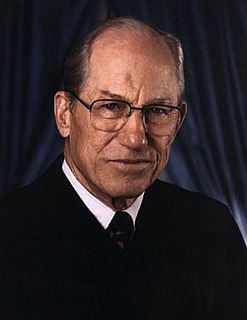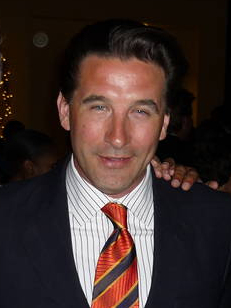A Quote by William J. Brennan, Jr.
Use of a mentally ill person's involuntary confession is antithetical to the notion of fundamental fairness embodied in the due process clause.
Related Quotes
It is fundamental that the great powers of Congress to conduct war and to regulate the Nation's foreign relations are subject to the constitutional requirements of due process. The imperative necessity for safeguarding these rights to procedural due process under the gravest of emergencies has existed throughout our constitutional history, for it is then, under the pressing exigencies of crisis, that there is the greatest temptation to dispense with fundamental constitutional guarantees which, it is feared, will inhibit governmental action.
Everyone knows that due process means judicial process, and when John Brennan brings him a list of people to be killed this particular week, that's not due process. That's certainly not judicial process. So there's the fifth amendment. Not even George Bush claimed the right to kill American citizens without due process.
Due process gives teachers the latitude to use their professional judgment in their classrooms, to advocate for their students, and to not fear retribution for speaking the truth or teaching controversial subjects like evolution. As political winds shift in school districts, due process also wards off patronage or nepotism.

































